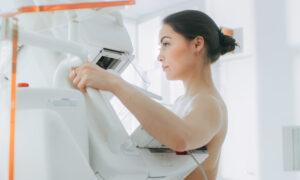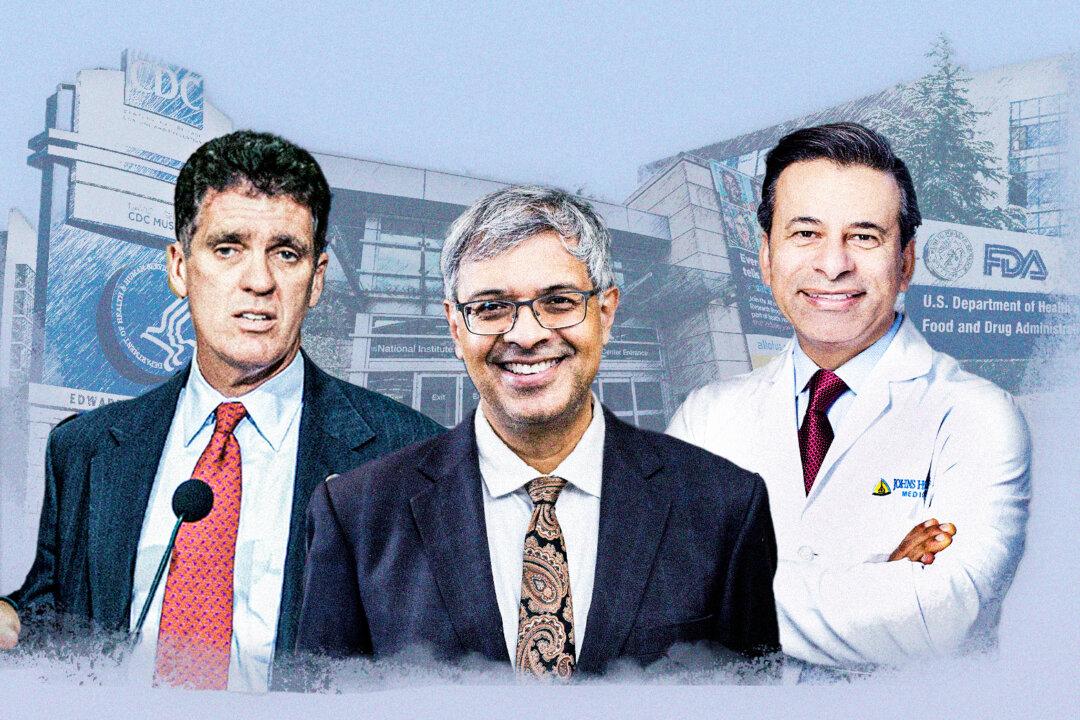Around 20 percent of women in their 40s would delay their breast cancer screenings until around age 50 if given an informed choice, according to survey findings published on July 16 in the Annals of Internal Medicine.
“Commonly stated reasons for delaying screening included lack of family history, low cancer risk, and concern about screening harms,” the study authors, most of whom were researchers from the University of Colorado, wrote in the paper.
Informed Consent Changes Screening Decisions
The survey evaluated nearly 500 women aged 39 to 49. Women were given a decision aid to help them decide whether to participate in breast cancer screening. Two-thirds of the women had already had a prior mammography.The decision aid disclosed the possible harms of overdiagnosis. For example, it noted that out of 1,000 women screened between 40 and 49, 239 experienced a false positive result, and 220 women aged 50 to 59 experienced one.
The aid also reported that starting screening at age 40 would save one additional life out of 1,000 people screened. However, it did not communicate other benefits of early detection, such as the potential for less intensive treatment if cancer were detected.
Survey participants were also given a personal breast cancer risk score based on the National Cancer Institute’s personal risk calculator.
Most women surveyed (57.2 percent) preferred to have a mammography even after being informed of its benefits and potential harms.
Before reading the decision aid, 8 percent said they wished to delay a mammogram. After reading it, 18 percent said they would delay getting mammograms until they turned 50.
Most women who chose to delay it were those deemed to have a lower breast cancer risk, while those with a high risk of breast cancer did not want to delay screening.
Surprised by Overdiagnosis Data
Although mammography may save lives, it also comes with certain risks, including false positives, unnecessary biopsies, and overdiagnosis.The survey results showed that women were surprised by the statistics on overdiagnosis, with around 37 percent expressing this.
Nearly the same percentage of women also reported that the data presented on overdiagnosis were “very different” from what they believed before.







